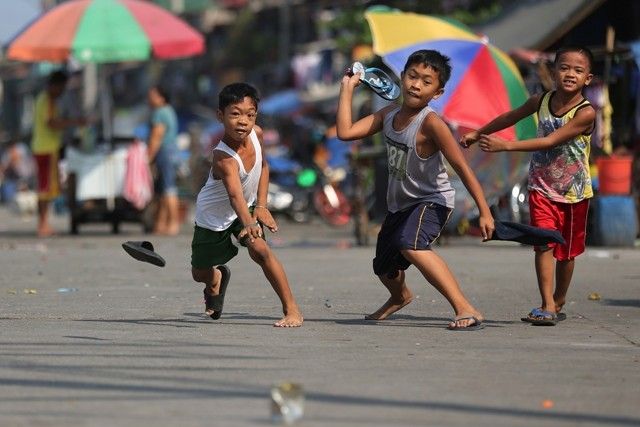‘Positive discipline’ bill may face constitutional challenge

MANILA, Philippines — The positive discipline bill that discourages corporal punishment may face a constitutionality challenge before the Supreme Court, according to the dean of the Far Eastern University Institute of Law.
Speaking before The Chiefs aired Friday night on Cignal TV’s One News, FEU law dean Mel Sta. Maria said the proposed legislation, if signed into law, may be questioned for intruding into functions of the families.
“The Constitution is very clear. The principle obligation to discipline children and to even educate them rests on the parents,” he said.
“Yes, it can be challenged for being intrusive already. It’s an overbroad law. Precisely that’s the point – where are the limits here?” he added.
Sta. Maria noted that the proposal, which has been approved by House of Representatives and the Senate, allows barangay captains to tell parents how to discipline their children.
He said a new law is unnecessary, noting that there are already existing legislation that address abuse of children.
“We have the Family Code of the Philippines. There are provisions on suspension of parental authority, there are provisions even on putting a child on a child-welfare agency if the child is incorrigible,” he said.
“Then we have Presidential Decree 603 which delineates or enumerates the acts or omissions of parents that hold them liable for a crime. And then you have Republic Act 7610,” he added, referring to the Anti-Child Abuse law.
Sta. Maria said passing another law may only confuse the parents, stressing that what is more important is for the existing laws to be fully implemented.
But in the same program, Bagong Henerasyon party-list Rep. Bernadette Herrera-Dy said the proposal aims to address a void in the existing laws.
She noted instances when corporal punishment was not addressed because these were not deemed excessive, which is a requirement of the Family Code.
“There is nothing excessive when it comes to children. What is important is you do not hurt the child,” she said in Filipino.
Herrera-Dy stressed that the proposed legislation will not criminalize parents who would violate the ban on corporal punishment, since what they wanted is to provide intervention.
“It is an advocacy bill, really. A positive and non-violent discipline bill that encourages other means of disciplining our children and not hurt them,” she said.
“We’re not criminalizing anyone. We just want intervention, show (parents) how we can teach new techniques in order to discipline our children, especially in this day and age,” she added.
- Latest
- Trending































